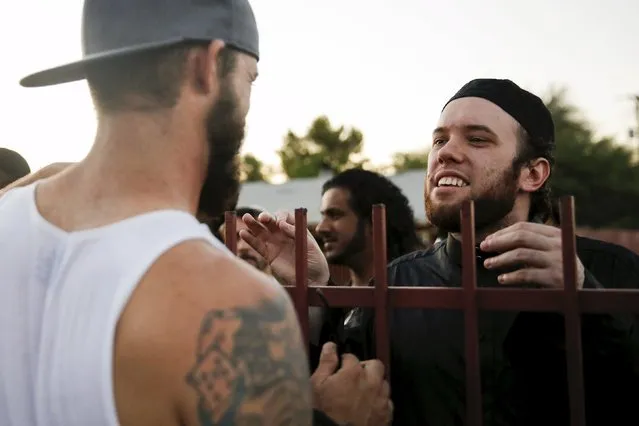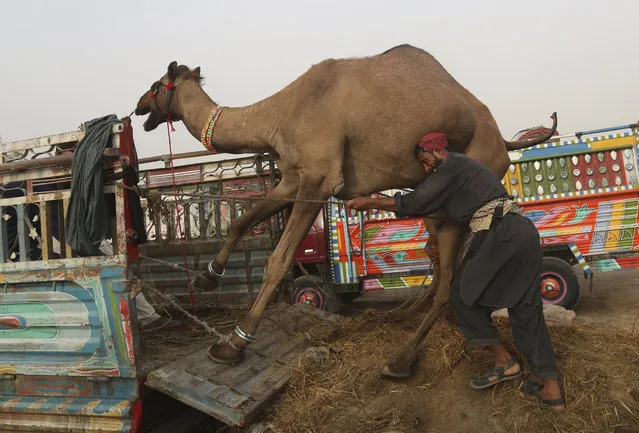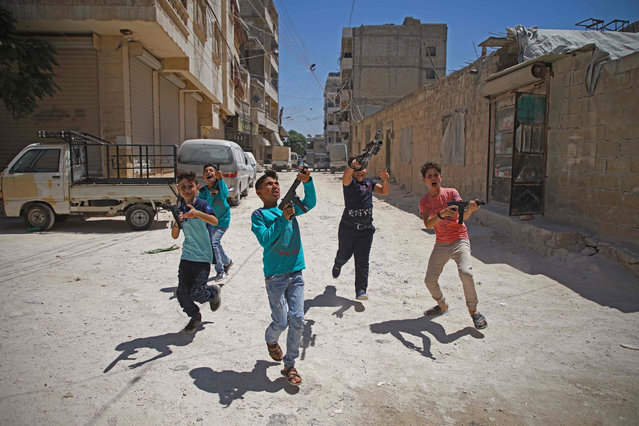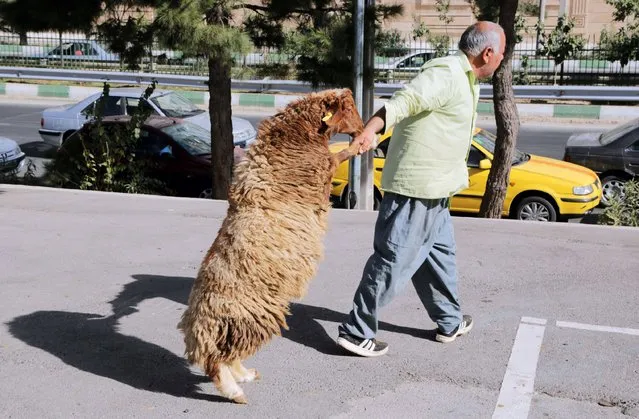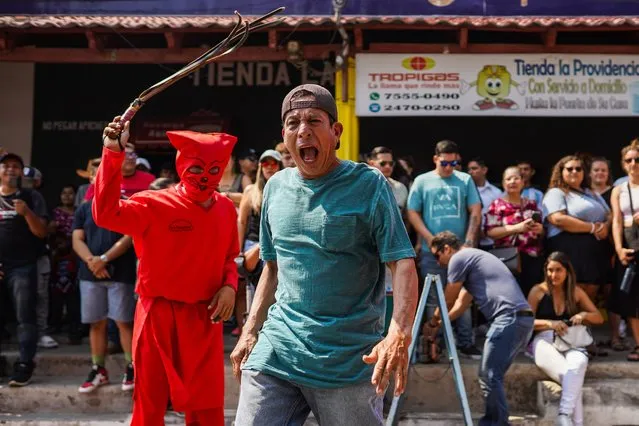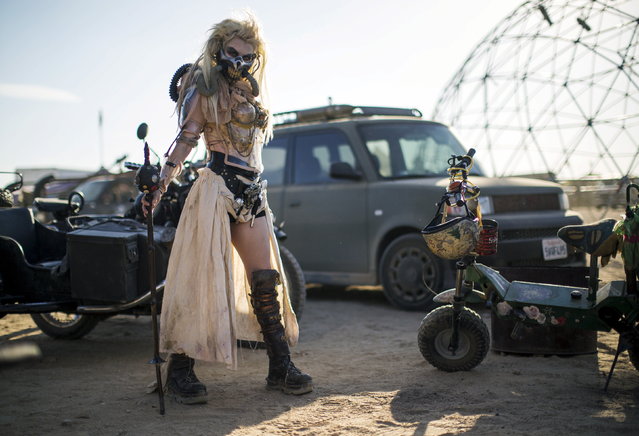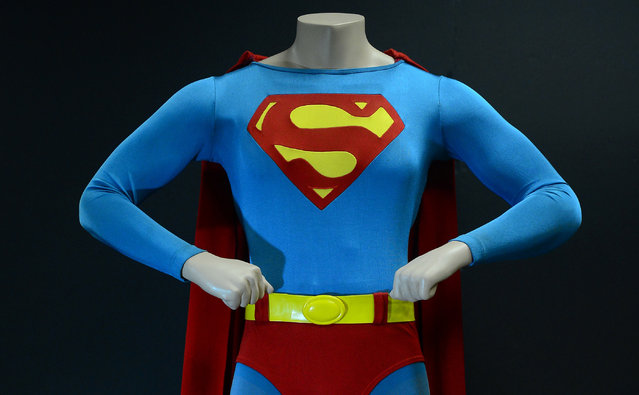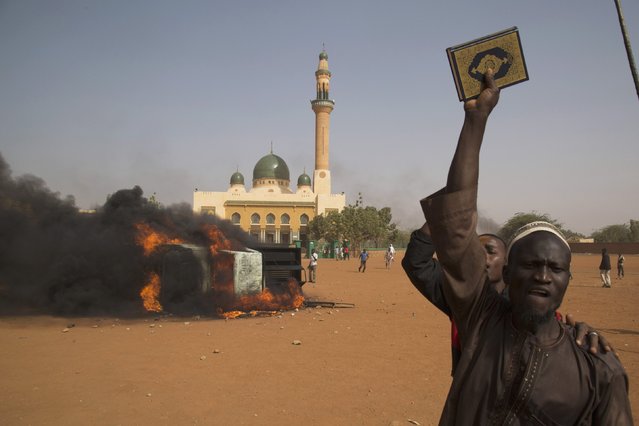
A man holds a copy of the Koran during a protest against Niger President Mahamadou Issoufou's attendance last week at a Paris rally in support of French satirical weekly Charlie Hebdo, which featured a cartoon of the Prophet Mohammad as the cover of its first edition since an attack by Islamist gunmen, in Niamey January 17, 2015. (Photo by Tagaza Djibo/Reuters)
18 Jan 2015 13:24:00,post received
0 comments

